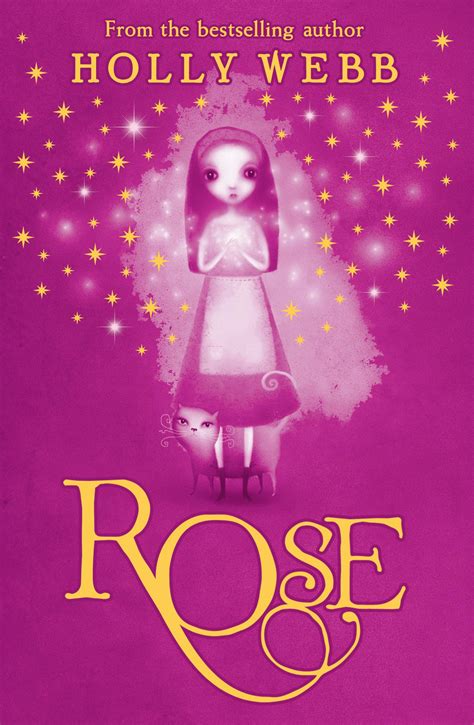A Quote by Bryant Terry
Food historian Jessica B. Harris says African American cuisine is simply what black people ate. When I think about what my family ate, we ate what people think of as soul food on special occasions, on holidays, but our typical diet was leafy greens and nutrients and tubers - food that was as fresh as being harvested right before our meal. Whatever was in season, that's what we were eating. It was being harvested right from our backyard.
Quote Topics
Related Quotes
Food became the antidote for feelings of guilt, sadness, and anger. ... Food is a resolution to controversy; food is rescue. We ate and talked and cried and laughed in the kitchen and ate again. This was about more than just food. It was about our mom making connections the best she could and in the way she knew best across the kitchen table, across time and across sadness.
People like to blame Mexican food, but look at what's happening globally, look at all the fast foods and products filled with trans fat. Before the Mexican Revolution, a hundred years ago, people were eating what now macrobiotics tells us to eat, corn, black beans, rice. That's what people were eating - and chile peppers. That's a healthy diet. And also they ate a lot of vegetables.
Simply put, Cavemen's diet is a diet plan which suggest food eaten by the cavemen. Cavemen ate what was available - like meat, vegetables and a few nuts. What we grow for food is carbohydrates, and that leads to weight gain. I started this diet a few years ago, and ever since, I haven't had carbs at all.
Super polished signage is not always a good sign. I'm always looking for places that you have to know about to find. Also, just food-wise, if I'm eating ethnic cuisine - I hate that phrase, but still - If I'm eating Mexican food, I'm looking to see that there are Mexicans in the restaurant. They know if the food is being made right.
Speaking of food, English cuisine has received a lot of unfair criticism over the years, but the truth is that it can be a very pleasant surprise to the connoisseur of severely overcooked livestock organs served in lukewarm puddles of congealed grease. England manufactures most of the world's airline food, as well as all the food you ever ate in your junior-high-school cafeteria.
If there was ever a food that had politics behind it, it is soul food. Soul food became a symbol of the black power movement in the late 1960s. Chef Marcus Samuelsson, with his soul food restaurant Red Rooster in Harlem, is very clear about what soul food represents. It is a food of memory, a food of labor.






































